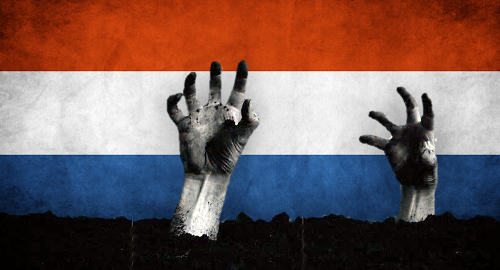 The Netherlands’ long-dormant plans to liberalize its online gambling market have sparked back to life.
The Netherlands’ long-dormant plans to liberalize its online gambling market have sparked back to life.
On Tuesday, the Netherlands’ Minister for Legal Protection Sander Dekker wrote a letter (viewable here, in Dutch) to the legislature’s Lower House, explaining the steps the Ministry was taking to ensure that future Dutch-licensed online gambling operators offer sufficient consumer protection measures.
The lower house approved the country’s Remote Gaming Bill nearly two years ago, but the bill has been languishing in the Senate ever since. Hopes are high that, with Dekker offering the new coalition government’s official thumbs-up, Dutch senators will pull their thumbs out and, in Dekker’s words, “vigorously” resume the legislative process.
Dekker’s letter also addressed the bill’s requirement for online licensees to establish a physical presence in the Netherlands. To ensure compliance with European Union rules on the free movement of goods and services, Dekker said only online licensees without a presence in the EU or European Economic Area must ensure “a secondary establishment” in the Netherlands.
However, all online licensees, even those already established in the EU/EEA, will need to establish a local “representative in the field of addiction prevention.” Gambling products will be subjected to a risk analysis before receiving permission to launch in order to determine their likely impact on Dutch gamblers.
Online operators will be required to intervene if a customer exhibits signs of problem gambling activity. A national self-exclusion list will be established, and close relatives of problem gamblers can nominate their loved ones for inclusion on this list. Operators will also have to contribute 0.25% of their revenue to fund problem gambling programs.
Protectionism dies hard, so Dutch online licensees won’t be allowed to offer lottery products. The government also plans to “future proof” society lotteries by reducing the amount of revenue that they have to contribute to social causes from 50% to 40%. This will make lottery products more attractive, which will theoretically boost sales and thus make up any social contribution shortfall.
Many of the opposition parties that had been stalling the Remote Gaming Bill’s progress in the Senate had expressed concerns regarding the impact of legal online gambling on Dutch society. The hope is that, with these new consumer protections in place, this opposition will subside.